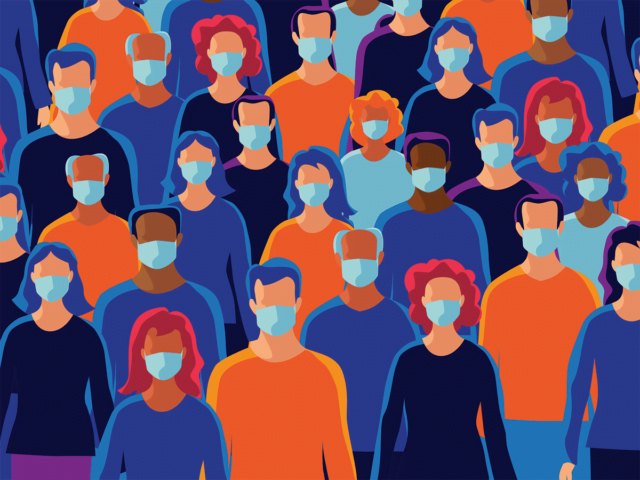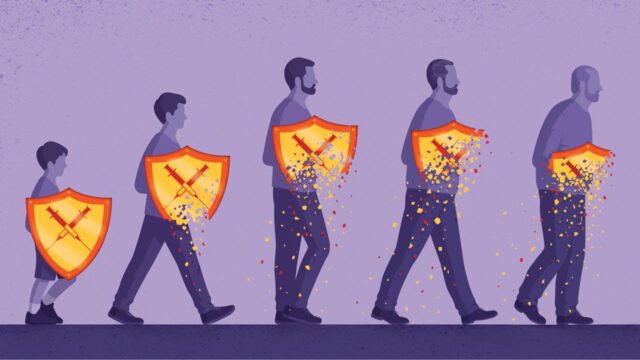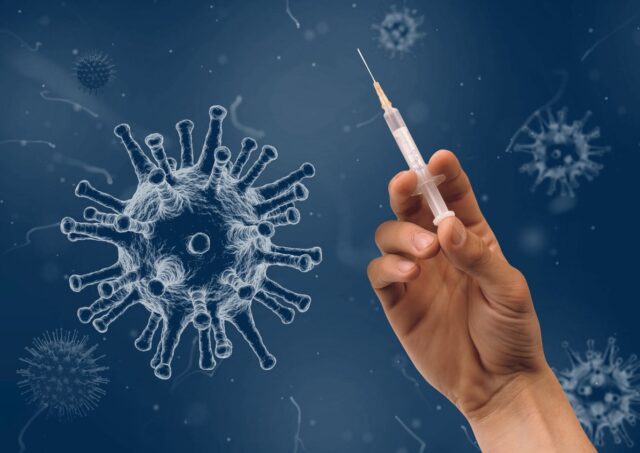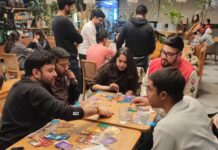Since the onset of the pandemic in 2020, scientists have tried to understand the extent of immunity one may gain after recovering from the disease or getting inoculated against the virus.
The numerous cases of reinfection have been a cause of concern for both the public and scientists as worries ensued that immunity against the virus was merely transitory.
However, two recent studies have emerged as a new hope for researchers who have been studying the virus extensively. Their research has proven that immunity against COVID-19 lasted for a year, further suggesting that it could last for decades for some people.
Findings From The Studies
How did these researchers conclude that immunity against the virus could be lifelong for specific individuals? According to one journal article published in Nature, scientists were able to identify antibody-producing cells in the bone marrow of people who had recovered from a mild case of coronavirus.
Immunologist Ali Ellebedy led this research at Washington University in St. Louis, Missouri. The study mainly focused on those who had recovered from mild cases and surveyed around 77 individuals.
Antibodies play an integral role in building the body’s immune defence. These proteins work in response to foreign substances entering the body and help to neutralize them.
Although there was a visible reduction in the number of antibodies in these individuals over time, the researchers continued to detect these antibody-producing cells in the bone marrow even after 11 months.
Read More: Herd Immunity Not An Effective Way Out Of COVID-19 Crisis, Says Govt.
The second study was published on the site BioRxiv, a site known for its research in biology. In this study as well, it was found that certain cells, known as memory B cells, continued to strengthen in the body even 12 months after the person first got infected with the virus.
The development of these memory cells was a clear indication that the cells could remember the original infection and generate enough antibodies to neutralize the pathogens that infected the body.
This discovery came as a massive relief to the scientists who feared the need of administering a booster dose or repeated vaccination to individuals — either annually or every six months — to build immunity against the virus.
Based on their discovery, they confirmed that the body retains a portion of Sars-2. Accordingly, the immunity cells continued to develop their mechanism to fight against the virus.
Besides this, there is also hope that the body will learn to fight against the ever-increasing number of coronavirus variants. The best immune response was indicated in those who were first naturally infected and then vaccinated subsequently.
According to an immunologist, Dr. Michel Nussenzweig, at Rockefeller University, New York, “People who were infected and get vaccinated really have a terrific response, a terrific set of antibodies, because they continue to evolve their antibodies”.
While research continues to take place on immunity against the virus, it is essential to note that this does not rule out the chances of reinfection completely, nor does it suggest that everyone is likely to have the same level of immunity against the virus.
Image Credits: Google Images
Sources: India Today, Nature, Live Mint
Find the blogger: @MalavikaMenon28
This post is tagged under: coronavirus, covid-19, coronavirus pandemic, covid-19 in India, India fights coronavirus, the spread of coronavirus, combat coronavirus, healthcare workers, frontline workers, healthcare in India, healthcare, immune system, immunity after covid-19, vaccinations, herd immunity, the immune system in infected patients, immunity after the first dose of covishield, how long does covid immunity last, immunity tablets, booster doses, vaccination drive in India, herd immunity in India, the immune system of patients who have recovered, immunity after vaccinations
Other Recommendations:
Guide To Self Medicating During COVID-19 Times: How Much Is Ok To Do?







































